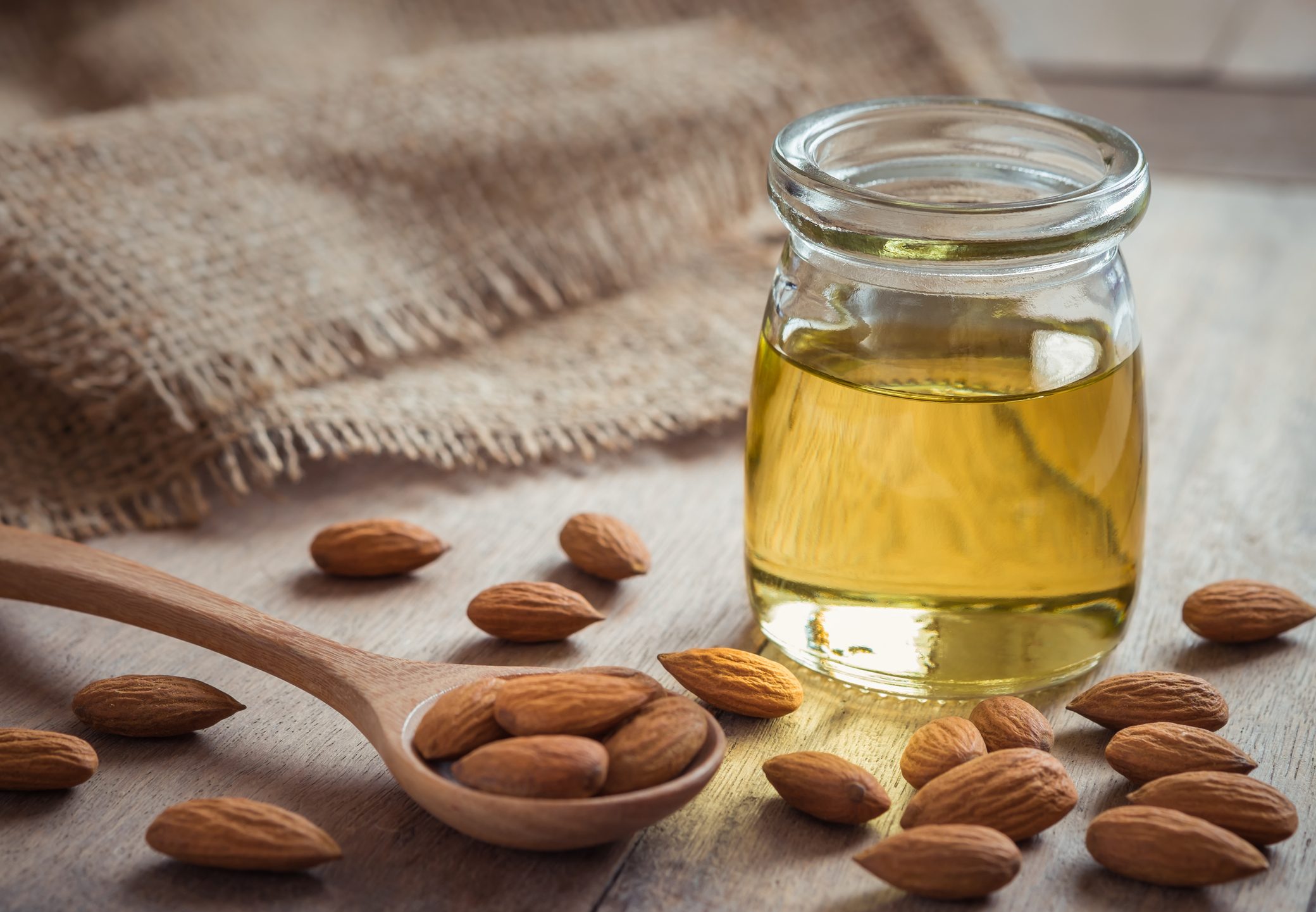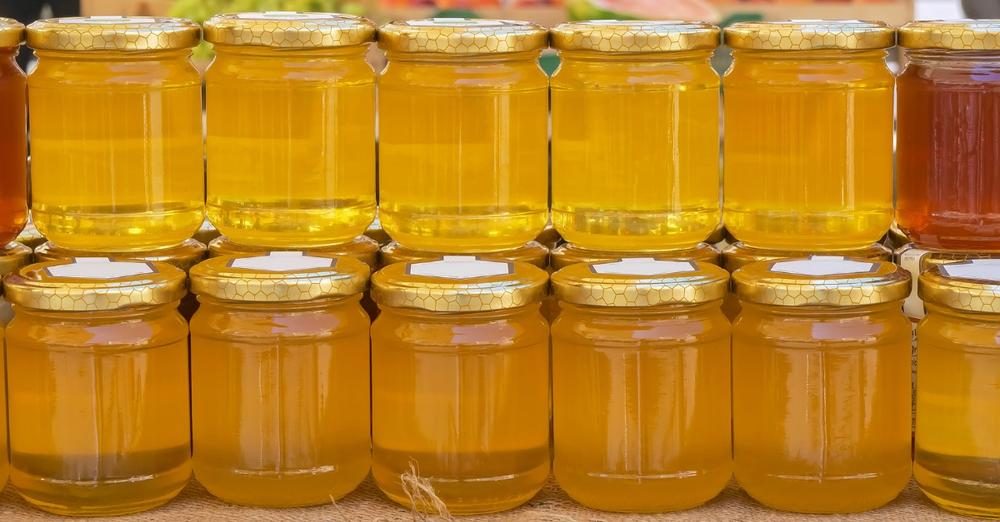Does Water Have a Taste and What Does it Actually Taste Like?
Yes, water does have a taste, influenced by minerals like calcium and magnesium, as well as environmental factors and treatment chemicals. The basic taste of water is generally neutral, with slight variations ranging from sweet to metallic, depending on the source.

When sipping a glass of water, you might notice that it sometimes has a distinct taste or even a subtle aftertaste. Interestingly, this sensation isn't consistent; it varies depending on the type of water you're drinking. This observation raises an intriguing question: Does water actually have a taste? And if it does, what exactly does it taste like? Let's dive into the refreshing world of H2O to uncover the truth about its flavor profile.
Does Water Have a Natural Taste?
To address the age-old question: yes, water does have a taste, albeit a very subtle one. The concept of water being "tasteless" is largely a misconception. Pure water, free from any impurities or dissolved minerals, would theoretically have no taste at all. However, such purity is practically unattainable in natural conditions, making the experience of "tasteless" water more of an ideal than a reality. The taste we perceive when drinking water is influenced by the presence of various minerals and other compounds, even in trace amounts. So, while water doesn't have a strong inherent flavor, it isn't entirely flavorless either.

What Influences the Taste of Water?
Several factors can influence the taste of water, and these can vary greatly depending on the source. The most significant contributors are the minerals dissolved in the water, such as calcium, magnesium, sodium, and potassium. For instance, high mineral content can make water taste "hard," while lower mineral content can give it a softer, more neutral flavor. Additionally, the presence of chlorine or chloramine, often added as disinfectants, can impart a slightly chemical taste. Environmental factors like the local geology, the type of pipes used for water distribution, and even seasonal changes can all play a role in altering the taste. In some cases, water can even pick up organic compounds from surrounding vegetation, giving it a faint earthy or grassy note.

What Is the Basic Taste of Water?
Despite the variations, there is a general consensus on what water fundamentally tastes like. The basic taste of water is often described as "neutral" or "refreshing," with a slight mineral undertone. This understated profile makes water a versatile and essential component in our daily lives. To most people, the taste of water can range from slightly sweet, due to a minimal presence of certain minerals, to somewhat metallic, especially if the water contains trace amounts of iron. The human palate is surprisingly sensitive to these subtle differences, which is why we often notice that water from different sources doesn't taste the same. In essence, the taste of water is a gentle reminder of the diverse nature of our planet's geology and water supply systems.
;Resize,width=767;)
;Resize,width=712;)
;Resize,width=712;)
;Resize,width=712;)
